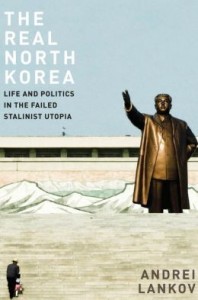Paul Krugman’s latest column, “The 1 Percent Solution,” is a very good one, as usual, but it also gets at a deeper issue that has been bothering me for some time — why is it that austerity ideas are so deeply rooted in the elites, despite such a lack of evidence for their effectiveness? Krugman gets into the class aspects of the divide, arguing that the 1% are simply arguing for policies that are good for the 1%. Not terribly surprising, I guess.
But it is an argument that brings up a couple of related points, imho. The first is demographic. While there is a big divide between haves and have-nots, it is a line that changes with age — as people get older, they tend to get richer, and they tend to become net creditors instead of debtors. The 1% beliefs are not just about entitlements and austerity, they also are very creditor-friendly, preferring deflation over inflation, for example. Which in part explains the difference in how age groups support different policies.
The other bigger issue that I’ve heard economists bring up is the Cold War. Basically, the argument is, back in the days of the Cold War, when there was this big, left-wing enemy out there, the monied elites in the West saw it was in their interest not to let inequality grow too much. The peasants had alternatives, so you couldn’t let them get fired up and storm the Bastille. A stable, happy system was good for all.
But today, now that communism is over as a viable danger, the 1% (or 0.1% or so) are free to push for their own interests without fear of blowback. And so they have pushed, quite successfully. Is it a coincidence that the rise of the financial industry and inequality matches with the downfall of communism? Maybe economic systems need common enemies to keep them in balance.
With the continued problems gripping Europe, you can see people growing more desperate for a solution. Most people are pretty centrist politically, but when the center refuses to provide answers, people will look for alternatives. Certainly Spain is exhibit A for a political system that is completely unable to reform itself or provide answers for its citizens. Without things in Europe getting better, I worry who might try filling that void in the future.












